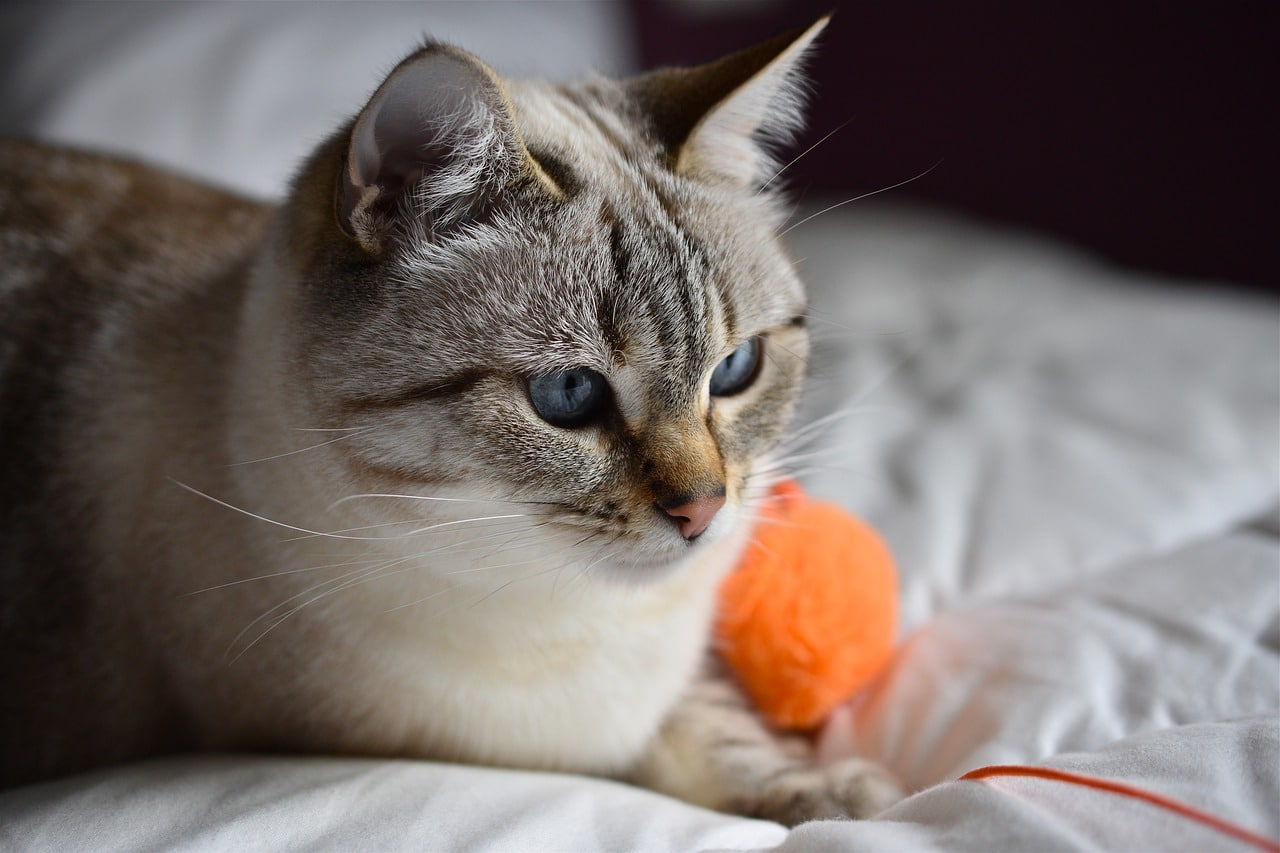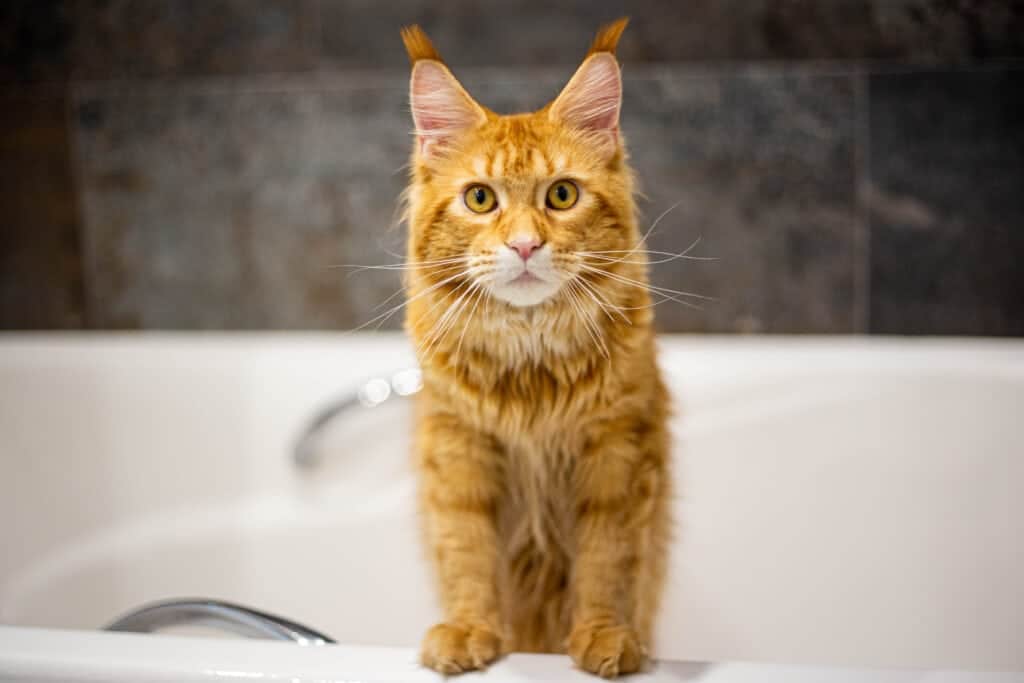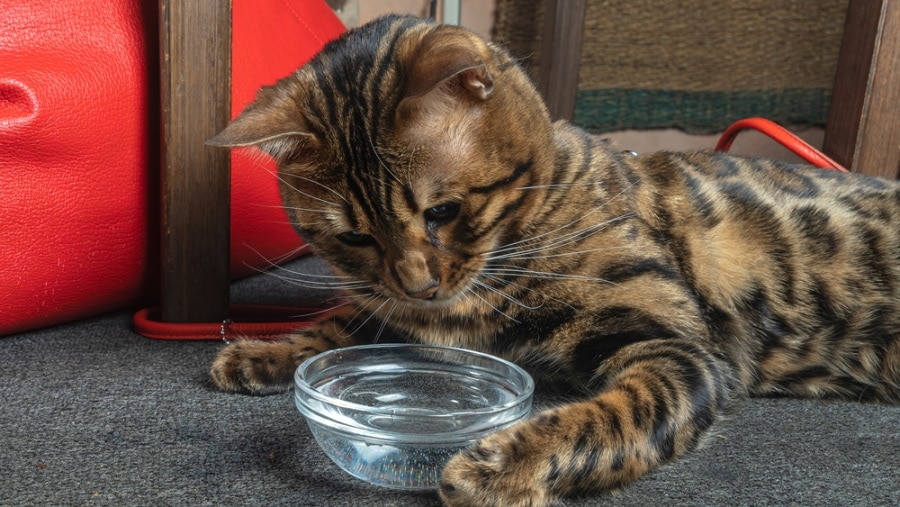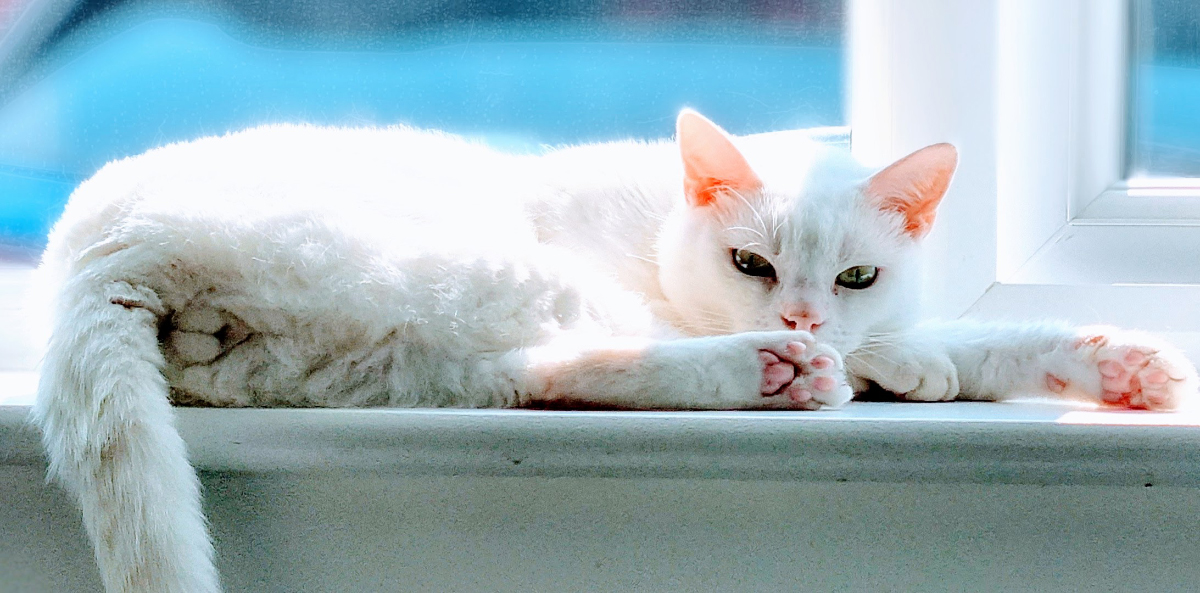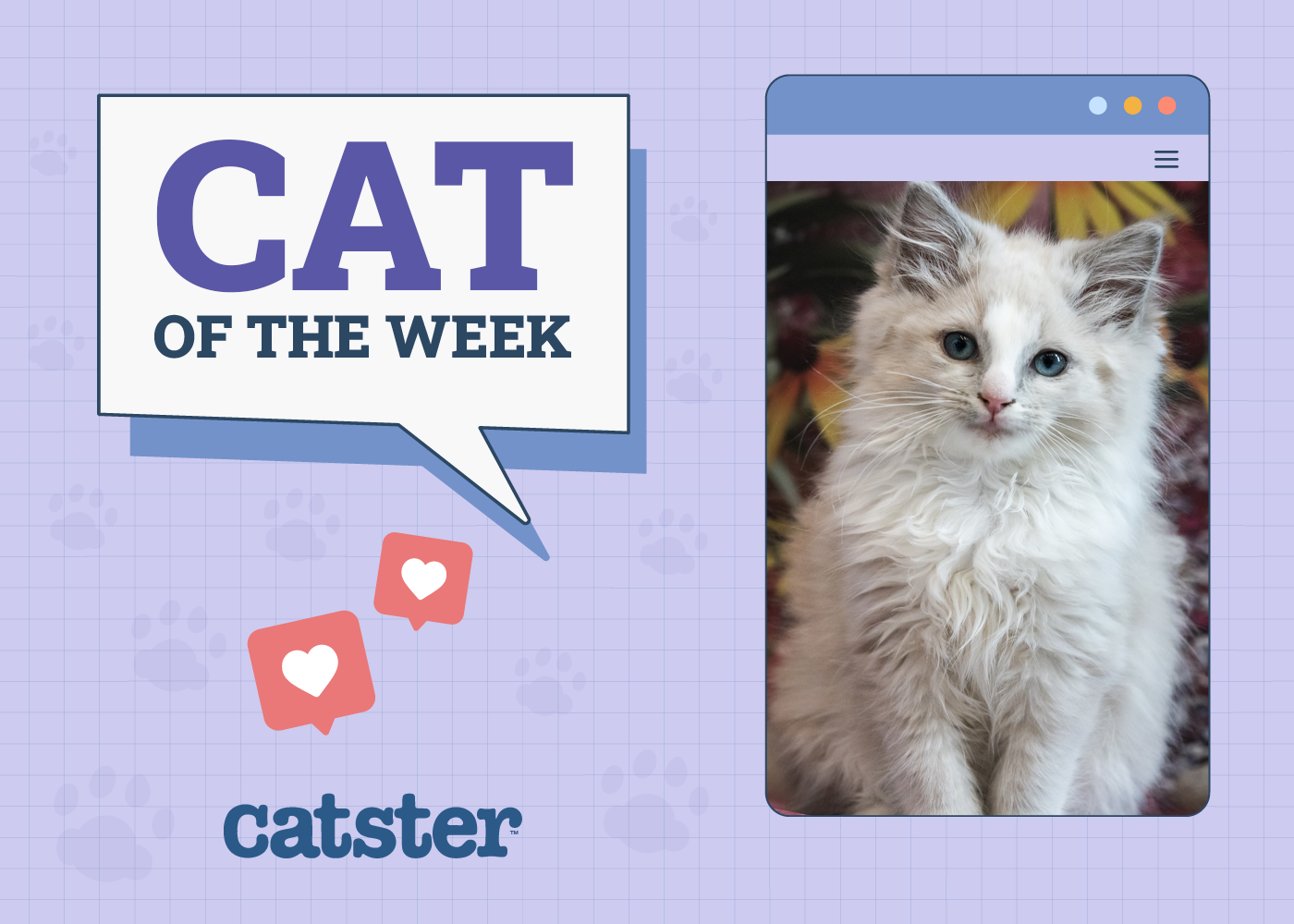Click to Skip Ahead
One of the things that we love most about our cats is how much like us they often are. Whether it’s the need for affection and companionship or a deep desire to play, cats and humans have much in common.
This causes people to look for connections that may or may not be there. One such connection is behavioral conditions found in humans. Once you’re familiar with these conditions and their signs, you may start seeing them everywhere—even in your cat.
Many cat owners have wondered if they have an autistic cat. Indeed, there is some overlap between behaviors found on the autism spectrum and those often exhibited by cats. So, does that mean you truly have an autistic cat? Can cats have autism? Sadly, there is currently no evidence that suggests that cats can be on the autism spectrum.
Let’s learn the facts and details for this answer.

What Is Autism, Exactly?
Autism isn’t one single condition; rather, it represents a range of conditions marked by issues with speech, social skills, non-verbal communication, and repetitive behaviors. There can be a huge difference in the type and severity of those issues, however, and one person’s symptoms may be radically different from another’s.
This is why many experts prefer the term “autism spectrum” (or the clinical term, “autism spectrum disorder”) to “autistic.” Autism isn’t a cut-and-dry disorder, and some people only have to deal with slight issues, while others may need significant care their entire lives.
Autism spectrum disorder is a developmental disability, and it affects a person’s learning, thinking, and problem-solving abilities. There usually aren’t any physical clues that someone may be on the spectrum, which makes it difficult to diagnose and can cause issues for those on the spectrum, as many people have no idea that the person whom they’re talking to may be dealing with behavioral challenges.
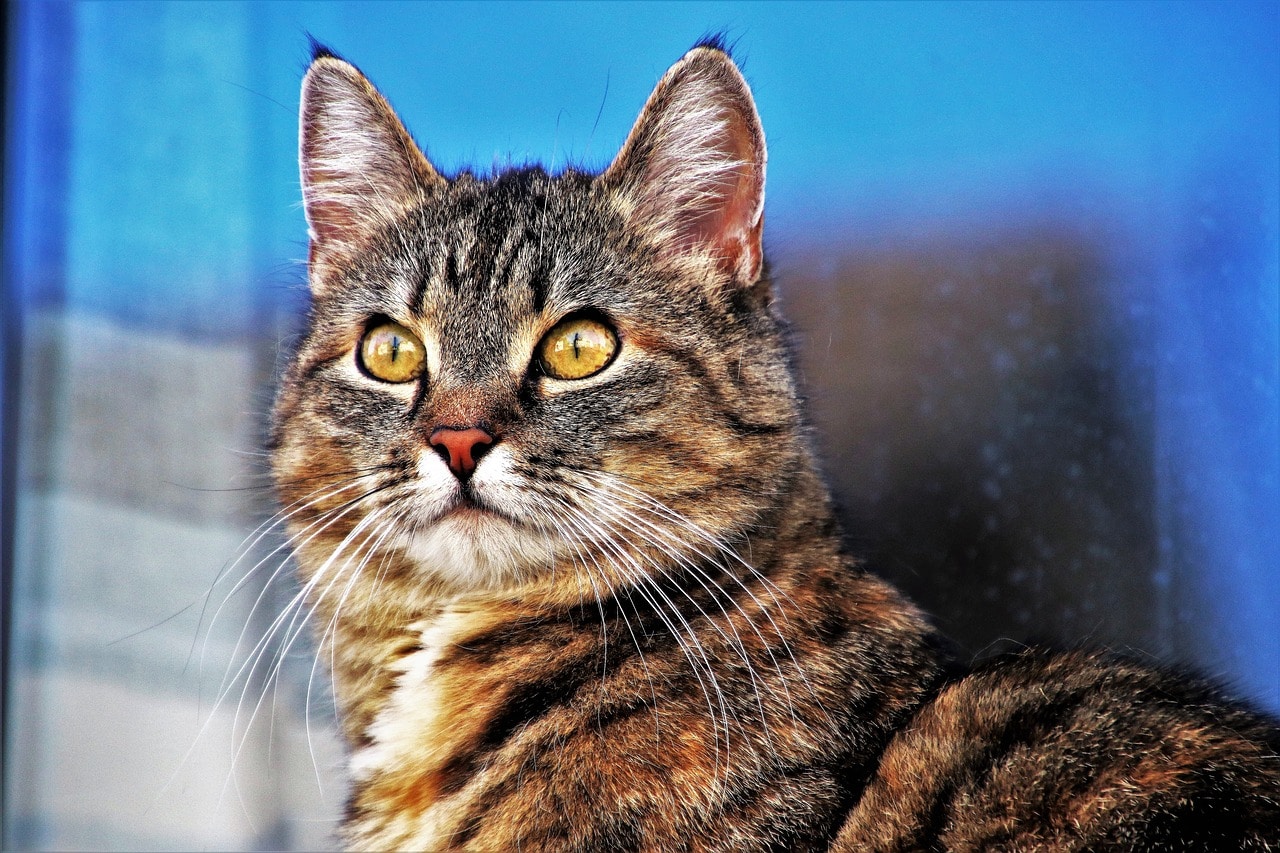
There are many behaviors that may be present in someone on the spectrum (too many to discuss with any depth in this short article), but here are a few that can often be noticed in cats too.
- Having trouble relating to others
- Avoiding eye contact and wanting to be left alone
- Not wanting to be held, touched, or cuddled
- Being interested in others but unable to communicate or play effectively with them
- Repeating the same actions over and over again
- Difficulty adjusting to changes in routine
For more information about autism, please visit the Autistic Self Advocacy Network.
When it comes to answering whether cats have autism, let’s see what the science says.
Can Cats Be Autistic?
Autism spectrum disorder is a mental condition, and while cats can suffer from mental conditions like obsessive-compulsive disorder, there is currently no evidence that suggests that cats can be on the autism spectrum. Instead, most of the behaviors that may seem like autism in cats are in fact just felines being felines.
It seems that most of the mental issues experienced by cats are directly linked to physical causes, such as injury, illnesses, or birth defects. Autism, however, is largely linked to genetic risk factors, although environmental risk factors (such as complications during pregnancy) can also play a role.
It’s important to understand that your cat’s behavior toward you, other people, and other animals comes with different expectations than inter-human behavior. It makes sense that a cat might be standoffish and aloof toward a strange human. After all, they could be a potential threat.
Many cats can get away with behavior like this, even if they tend to lash out violently, because they’re cute and humans expect that behavior from them. If a person acts this way toward other people, however, this behavior will be labeled aberrant, and attempts will be made to correct it.
As a result, there are more consequences for autistic behavior in humans than in animals. A person who doesn’t like to make eye contact or struggles to communicate with others could be at a major disadvantage in life. A cat that acts that way may just be considered a fine representative of their species.
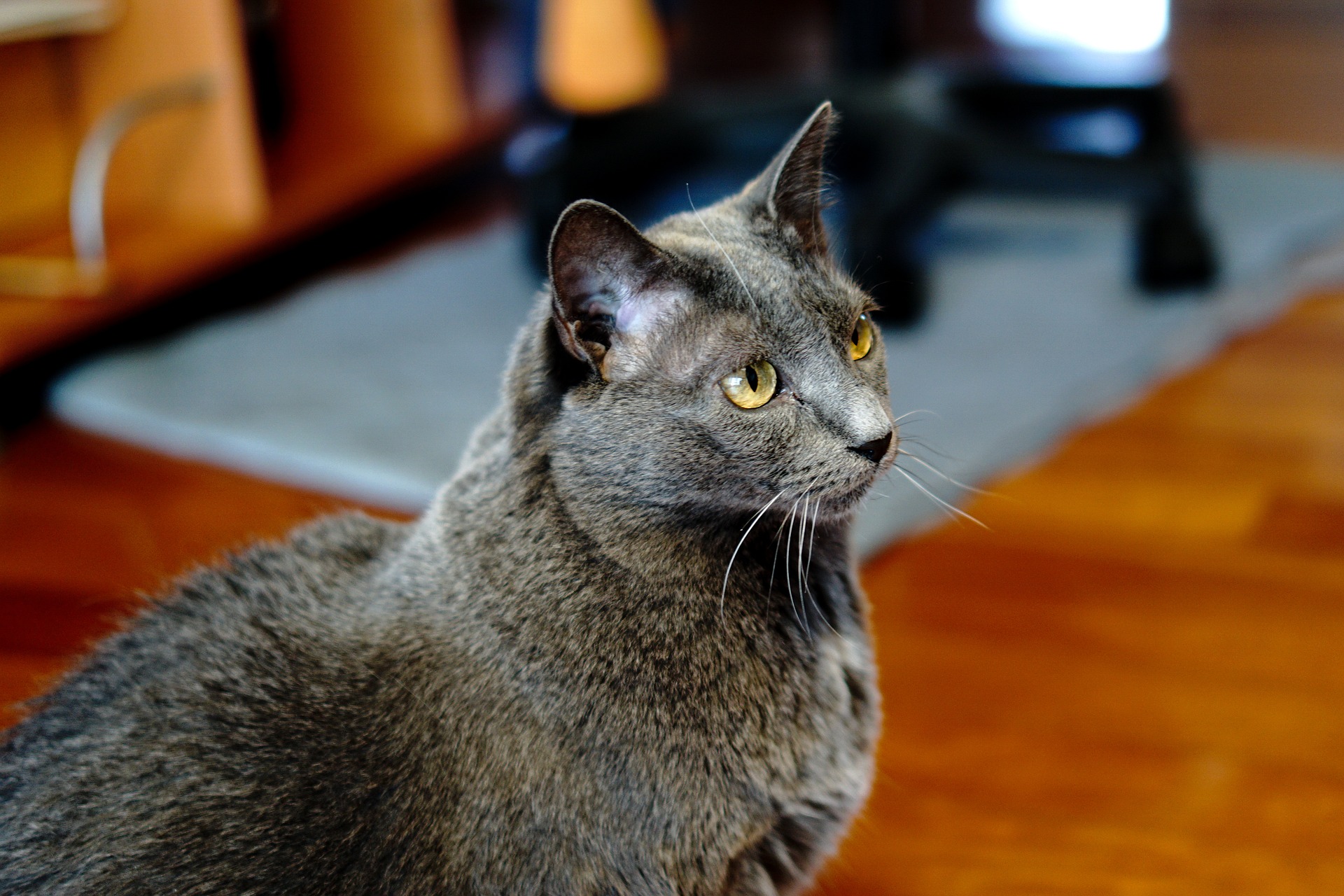

What About Enhanced Intelligence?
One potential byproduct of being on the autism spectrum is enhanced abilities in fields like math or music. While this brilliance is relatively rare and often dramatically overstated in popular culture, it’s usually one of the first things that comes to mind when many people think about autism.
Some of those same people will notice their cats performing amazing feats of intelligence and assume that they must have an autistic cat on their hands.
All it explains, however, is that cats are intelligent creatures (and often food-motivated). Some breeds, such as Abyssinians and Birmans, are especially known for being smart, so if you have either of those, you may often be impressed by their brains.
That doesn’t make them autistic, though, even when paired with a dislike for affection or difficulties communicating.
What About Repetitive Behaviors?
Some people on the autism spectrum are prone to exhibiting repetitive behaviors, such as fidgeting with objects, rocking their body, or strictly adhering to certain traits and rituals. They can also become fixated on certain interests, such as train schedules or sports statistics.
These behaviors may sound familiar if you own a cat. Some cats are prone to obsessive behaviors like overgrooming, sucking on fabric, and chasing objects that may or may not be visible to us.
These behaviors do not mean that you have an autistic cat, however. Obsessive-compulsive disorder is something that can affect cats, as well as humans, and it’s typically what causes extreme repetitive behavior in felines. Obsessive-compulsive disorder can be caused by anything from stress and high-arousal situations to chasing laser pointers.
Obsessive-compulsive disorder in cats can be a serious issue, and it’s definitely something that you should talk to your vet about. It’s not a sign of autism, however.
If you need to speak with a vet but can't get to one, head over to PangoVet. It's an online service where you can talk to a vet online and get the advice you need for your pet — all at an affordable price!

What’s the Verdict? Can Cats Have Autism?
While cats can often display some of the same behaviors found by people on the autism spectrum, there’s no reason to think that they suffer from the disorder. Instead, those behaviors are just signs of them being themselves, not necessarily autism.
Unless your cat’s behaviors are causing them (or you) physical or emotional harm, there’s nothing to worry about. That’s not to say that you shouldn’t check in on the other furry members of your household, however, because there is some evidence that some dogs may potentially be autistic.
Related Reads:
Featured Image Credit: Pixabay

